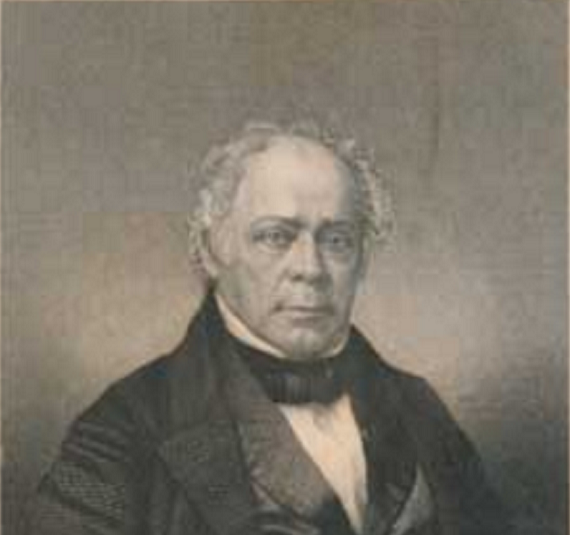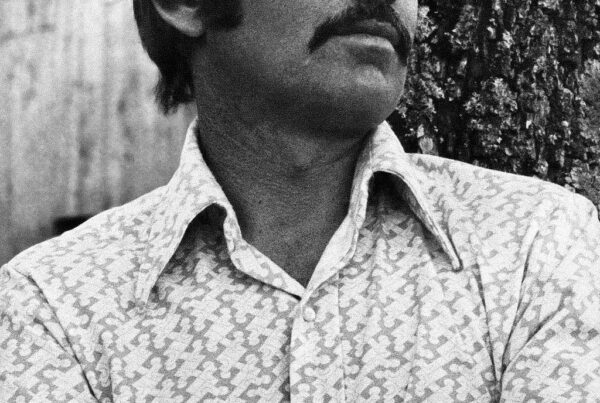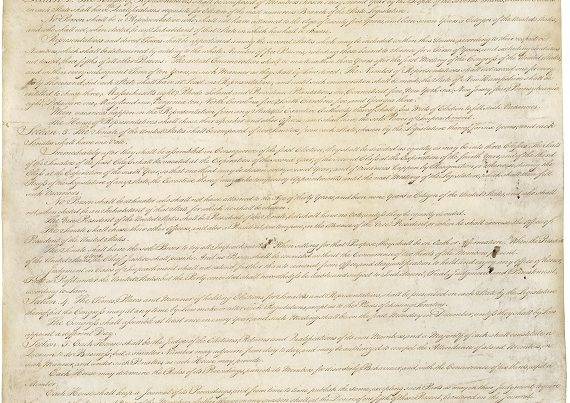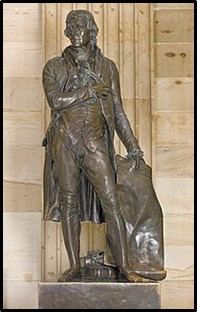
Daniel Baker (1791-1857) is all but forgotten today, but in the first half of the nineteenth century this Presbyterian minister was a well-known and profoundly influential evangelist in America. Born in Midway, Georgia, he was educated at Hampden Sydney College in Virginia and at Princeton. He held several pastorates, including one in Savannah, Georgia, but spent most of his life in the ministry as an itinerant evangelist, traveling to many parts of the country including Ohio, Alabama, and the Carolinas. In 1849, he founded Austin College in Texas.
Dr. Baker’s preaching sparked major religious awakenings in South Carolina, most significantly in the 1830s in Beaufort District, where he was responsible for the conversion of a number of young men who would go on to become influential ministers and hold high office in their respective denominations. William J. Grayson, editor of the Beaufort Gazette, wrote of Dr. Baker’s services at Episcopal and Baptist churches in Gillisonville, Grahamville, and Beaufort, proclaiming that “never, surely, since the days of the Apostles has more fervid zeal, or ardent piety, or untiring labour been devoted by a Christian minister to his cause.”
Later, an Episcopal minister described the results of Baker’s revival meeting (actually a series of meetings) at the Episcopal church in Beaufort:
“The number of communicants was increased manifold. At the first visitation of Bishop Bowen, after this meeting, seventy, chiefly of the young, the refined, and the wealthy, presented themselves for confirmation, sincerely offering their hearts to God. About the same number of whites, and very many blacks, also joined the Baptists … What were the effects upon the ministry of our church? Within a few months, and from the impulse received from this meeting, eight men went forth from this our congregation to preach the Gospel of Christ. If you include the influence of this meeting upon neighbouring congregations, and chiefly under the same ministry, three more labourers were called into the Lord’s vineyard. Those who are still in the field are the Bishop of Georgia, and the missionary bishop to China, Rev. W. H. Barnwell, Rev. S[tephen] Elliott, Rev. C. C. Pinckney, Rev. B. C. Webb, of this diocese; the Rev. R. Johnson, and the Rev. W. Johnson of Georgia. The distinguished Baptist preacher, Rev. R. Fuller, of Baltimore, was also a subject of this revival, and is the sixth of this list who exchanged the profession of the law for the ministry of the gospel.”
Dr. Baker was credited with the ascendancy of the Evangelical party in the Episcopal dioceses of South Carolina and Georgia. In the 1850s, he returned to South Carolina, bringing revival to other parts of the state, including Abbeville District. Two members of a wealthy Abbeville family, Langdon C. Haskell and his sister Mary, heard Dr. Baker preach at a local Presbyterian church in September 1854 and were deeply affected, as was much of the community. Langdon wrote to his brother that there was hardly a man in the place “who is not thinking now of our future salvation and the means to be used to secure our future good. Dr. Baker’s preaching brought the matter so directly home to everyone that it was impossible to be indifferent to it.”
The following year, Mary Haskell fell ill with tuberculosis, and during her last months of life, her younger brother Aleck was constantly by her side as a devoted companion and attendant. He loved her dearly, and her beautiful death changed him forever. His mother later told a friend that it “made him a Christian.” In his memoir, Aleck Haskell noted that Mary’s passing was also instrumental in the spiritual transformation of his brother William, who, at the time of his sister’s death, was desperately ill with pneumonia. When William recovered he was a changed man, and, Aleck wrote, “was to the end the most perfect character I have ever known.”
Seven Haskell brothers would go on to serve in the Confederate Army, and while leading his battalion of sharpshooters at Gettysburg, William was killed in action. In a postwar memoir, his brother John C. Haskell described William as “deeply and simply religious as any man ever was, never obtruding it on anyone out of place, but never failing to assert it in the right place. More than one clergyman has told me how William’s life in the army had converted him and made him devote his whole life to the church.”
Dr. Baker’s son, Rev. William M. Baker, wrote an excellent biography of his father which includes a great deal of his correspondence. The Life and Labours of Rev. Daniel Baker, first published in 1858, is available in reprint.






